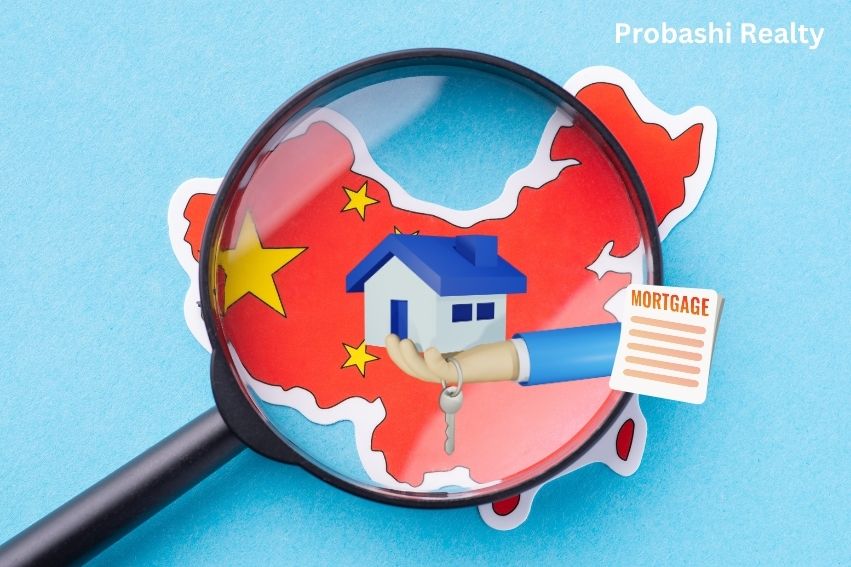In China, obtaining a mortgage, known as a “房屋抵押贷款” (fángwū dǐyā dàikuǎn), is a common method for financing property purchases. The mortgage market in China has experienced rapid growth in recent years, fueled by the country’s booming real estate sector. Chinese mortgages typically come with competitive interest rates and various loan products tailored to different borrower profiles. However, the mortgage process in China can be complex, with stringent eligibility requirements and documentation procedures. Lenders may assess factors such as credit history, income stability, and property valuation before approving a mortgage. Additionally, down payment requirements for Chinese mortgages tend to be relatively high, often ranging from 20% to 30% of the property’s purchase price. Despite these challenges, securing a mortgage in China can be a viable option for individuals looking to invest in the country’s dynamic property market.
China Mortgage Types:
In China, there are several types of mortgages available to homebuyers, each with its own features and benefits. Understanding these mortgage types can help borrowers make informed decisions when financing their property purchases. Here are some common types of mortgages in China:
-
Fixed-Rate Mortgages (固定利率贷款): Fixed-rate mortgages in China offer borrowers a stable interest rate throughout the loan term. This means that the interest rate remains unchanged, providing predictability in monthly mortgage payments. Fixed-rate mortgages are popular among borrowers who prefer stability and want to avoid fluctuations in interest rates.
-
Floating-Rate Mortgages (浮动利率贷款): Floating-rate mortgages, also known as adjustable-rate mortgages (ARMs), have interest rates that can vary over time based on market conditions. In China, floating-rate mortgages are typically tied to benchmark interest rates, such as the loan prime rate (LPR) or the one-year benchmark lending rate. While initial interest rates may be lower than fixed-rate mortgages, borrowers should be aware that rates can fluctuate, potentially leading to higher payments in the future.
-
Combination Mortgages (组合型贷款): Combination mortgages in China allow borrowers to combine fixed and floating interest rates within the same loan. For example, a borrower may choose to fix the interest rate for a certain period and then switch to a floating rate afterward. This flexibility can provide borrowers with the benefits of both stability and potential cost savings.
-
Interest-Only Mortgages (按揭贷款): Interest-only mortgages in China allow borrowers to make payments only on the interest portion of the loan for a specified period, typically several years. During this time, the principal balance remains unchanged. Interest-only mortgages may appeal to borrowers seeking lower initial payments or expecting an increase in income in the future. However, borrowers should be aware that payments will increase once the interest-only period ends.
-
Home Equity Loans (居民住房按揭贷款): Home equity loans in China allow homeowners to borrow against the equity in their properties. These loans can be used for various purposes, such as home improvements, debt consolidation, or other expenses. Home equity loans typically have fixed or floating interest rates and are secured by the borrower’s property.


